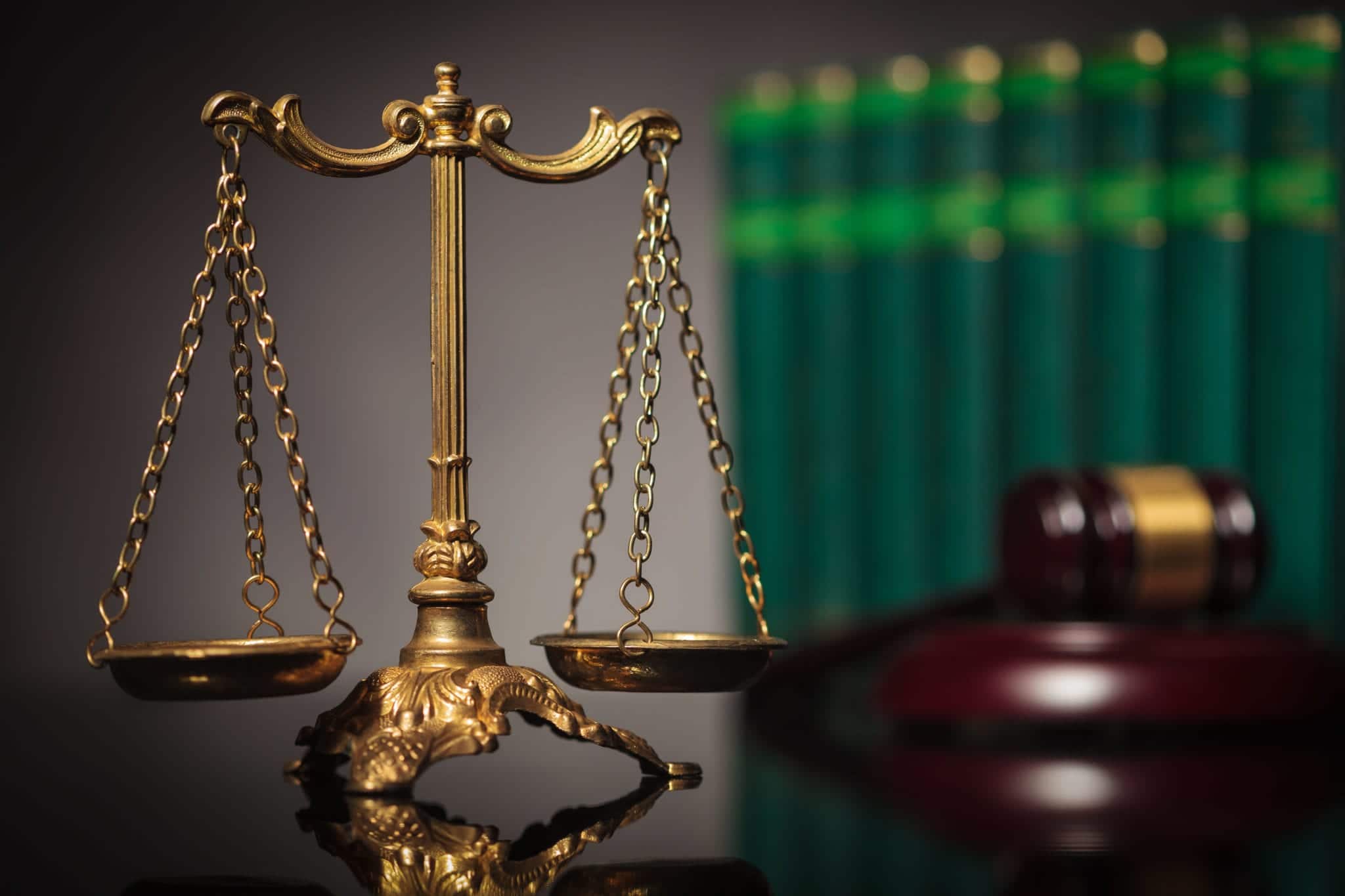Your driver’s license is nearly essential for life as you know it. However, your license is a privilege, not a right.
So when you’re caught driving while intoxicated or for certain other moving violations (a hit and run accident, say) your driver’s license could be suspended or altogether revoked.
If you’re already dealing with these life-changing consequences, we understand the temptation to get behind the wheel anyway. In some cases, you may feel you have no other option. How will you get to work and earn a living without driving?
Get caught driving with a revoked or suspended license, though, and you could face more repercussions. Today’s guide covers the consequences for Driving While License Revoked (DWLR), and how you can defend yourself if charged.
Reasons for NC License Suspension or Revocation
There are nearly a dozen fairly common reasons we see NC license suspensions and revocations. Alcohol-related offenses top the list. These offenses include:
- Driving while intoxicated (DWI)
- Illegal transportation of alcoholic beverages (open container)
- Refusal of a chemical blood alcohol test
Other reasons for license suspension or revocation include:
- Failing to stop after a crash (hit and run)
- Manslaughter or negligent homicide, if it was related to driving
- Accumulating a certain number of points for traffic offenses within a three-year period
- Speeding over a certain speed, a certain number of speeding tickets, or a combination of speeding tickets and history of reckless or aggressive driving
- Using a vehicle to commit a felony
- Two convictions for reckless and/or aggressive driving within 12 months
- Second or subsequent conviction of motor fuel theft
- Certain offenses related to explosives
So let’s talk driving after you’ve already had your license suspended or revoked…
Driving While License Revoked: Three Related Offenses
Here in North Carolina, if your license is suspended or revoked and you decide to drive anyway, you will face additional criminal charges, plus an extension of your license suspension or revocation.
Under § 20-28, driving while license revoked (DWLR) is a misdemeanor-level offense. The degree of misdemeanor depends on the reason your license was revoked.
Here are the three related offenses that will affect those additional consequences…
#1: Driving While License Revoked for Impaired Driving
If your license was revoked for impaired driving (DWI or DUI) and you drive anyway, you are guilty of a Class I misdemeanor. This is punishable by 1-120 days of imprisonment or probation.
Your license will also be revoked for an additional period, depending on prior DWLR convictions:
- First offense: One year
- Second offense: Two years
- Third offense: Permanent revocation
In addition, the court may impose additional terms on your probation, including abstaining from alcohol consumption or the installation of an ignition interlock device.
#2: Driving Without Reclaiming License
If your license is revoked and the period of revocation ends, you are actually required to reclaim your license before you can legally drive again.
So even when you’ve served your revocation time successfully, if you get behind that wheel again before reclaiming your license and get caught, you are guilty of Driving Without Reclaiming License.
#3: Driving After Notification or Failure to Appear
When you are facing criminal charges of any kind, appearance in court is mandatory in North Carolina. Should you fail to appear on your court date or a hired attorney doesn’t appear on your behalf, you will have a failure to appear (FTA) issued against you.
After the FTA is issued, the DMV will automatically revoke your driver’s license indefinitely until the FTA is resolved.
The DMV sends you only one notice, after which your license is revoked. Because defendants receive only one notice, they are often unaware that their license has even been revoked in these cases.
This is Class 1 misdemeanor, punishable by 1-120 days of imprisonment or probation. This charge is in addition to the original criminal charge related to your FTA.
Your driver’s license will be revoked for an additional period, as follows:
- First offense: One year
- Second offense: Two years
- Third offense: Permanent revocation
Defending Yourself Against North Carolina DWLR Charges
Most DWLR charges arise from a routine traffic stop, in which the arresting officer discovers that the defendant’s license has been revoked or suspended. However, in order for the arrest to be legal, the officer must have stopped you for a valid reason.
If the stop was not made for a valid reason, any evidence obtained in that stop, including your revoked driver’s license, is invalid, and the case will be thrown out.
When it’s not possible to get your charges reduced, it may be possible to employ a number of other defense strategies, or to plea bargain and get your charges reduced to a non-criminal offense.
Reach out to an experienced North Carolina DWLR defense attorney for advice regarding your specific case.










